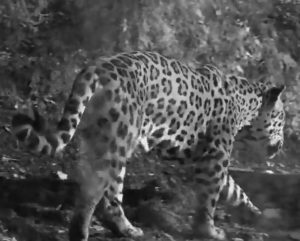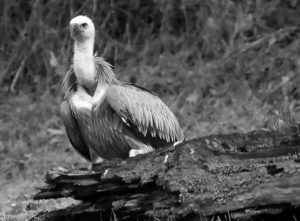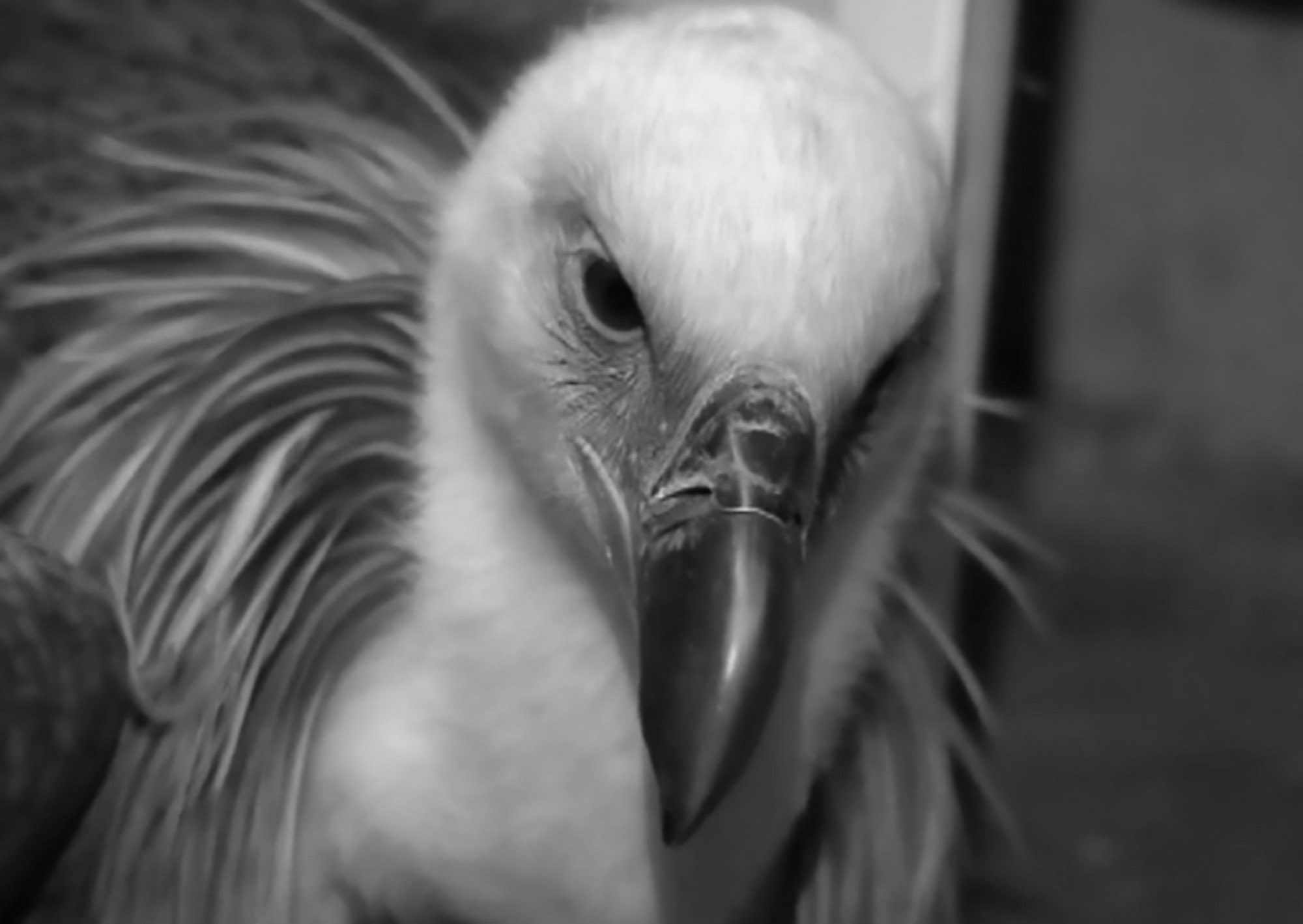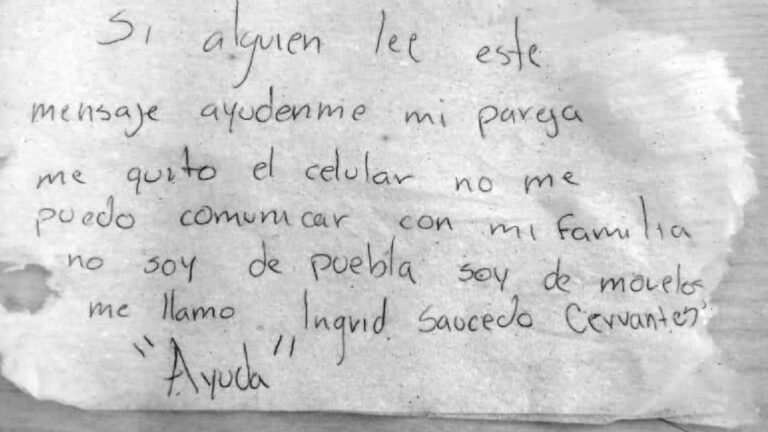An unlucky griffon vulture which had previously escaped death three times has been killed when it was released by a zoo and landed in a jaguar enclosure where it was eaten alive.
The Salzburg Zoo, located in the Austrian city of the same name known from the Sound of Music and Mozart, announced that their six-year-old male griffon vulture (Gyps fulvus) by the name ‘Gypsi’ has tragically died after it was devoured by jaguars.
The bird may have accidentally landed in the enclosure of the giant felines native to the Americas, with one jaguar immediately pouncing on poor Gypsi who had no chance of escape, according to reports.

According to the zoo, Gypsi most likely landed in the enclosure due to a sudden gust of wind.
A zoo spokeswoman said: “Vultures are gliding animals. The wind on the cliffs of the Hellbrunn Mountain [where the jaguar enclosure is located] can sometimes be unpredictable.”
Since 1966 the vultures can fly freely around the terrain of the zoo, often spending time at the many rock crevices but coming back to feeding stations in the zoo along visitor routes.
As scavengers, they are not of any danger to humans.
Gypsi’s death is all the more tragic as the unfortunate bird survived several near-death incidents in the past and was only released back into the open skies three weeks ago after successfully being treated for lead poisoning.
In the summer of 2016 Gypsi was found injured in Thuringia after colliding with a wind turbine, requiring a full year in an aviary afterwards to be slowly nursed back to full strength.
The bird was released again in the Danube Valley in the German state of Baden-Wuerttemberg in August 2017 as part of a vulture protection initiative.
Gypsi was equipped with a solar-powered transmitter to allow the people behind the protection programme to track its every move.
Initially, the vulture headed for Switzerland where it joined a vulture population which stays in the Western Alps during the summer.
In mid-September 2017, Gypsi changed its flight route and landed back in Baden-Wuerttemberg.

However, a month later Gypsi was carried about 185 miles to the east by fierce autumn storms.
The bird was found and captured some time later by zookeepers of the Schmiding Zoo in the Austrian state of Upper Austria with its feathers completely soaked.
Gypsi was then brought to the Salzburg Zoo and after a short recovery was again released back into the wild.
In December 2017 Gypsi was found weakened in Slovenia suffering from lead poisoning most likely contracted by devouring the corpse of an animal which had been shot by hunters.
After being nursed back to health at for an entire year Salzburg Zoo had great hopes that releasing Gypsi again in the free would this time end well, although that hope was unfortunately squashed by the park’s jaguars.
To find out more about the author, editor or agency that supplied this story – please click below.
Story By: Koen Berghuis, Sub-Editor: Joseph Golder, Agency: Central European News




